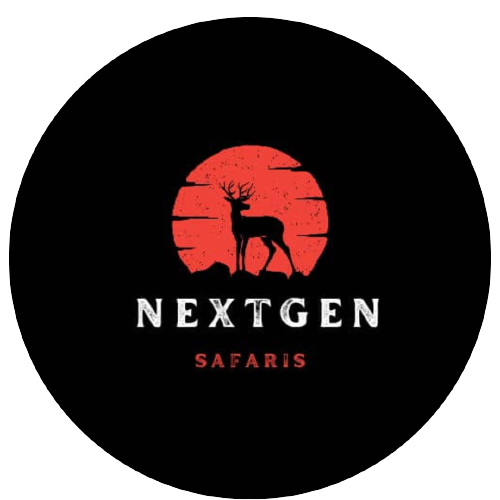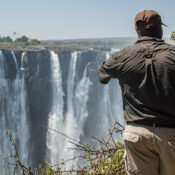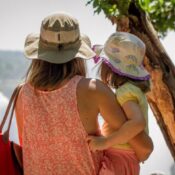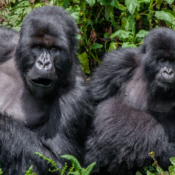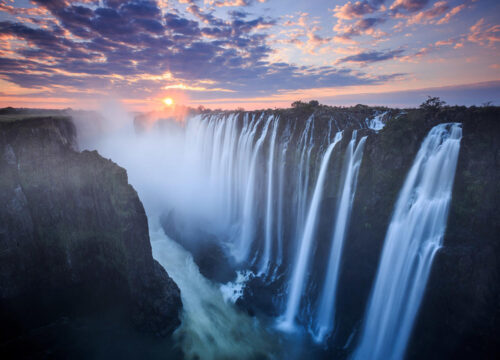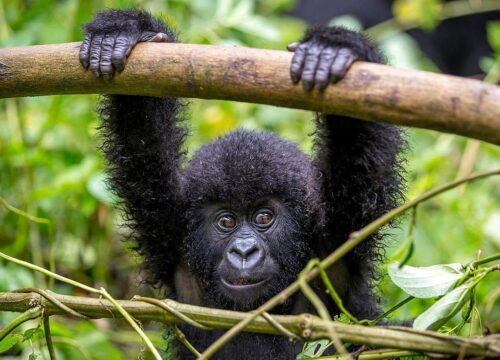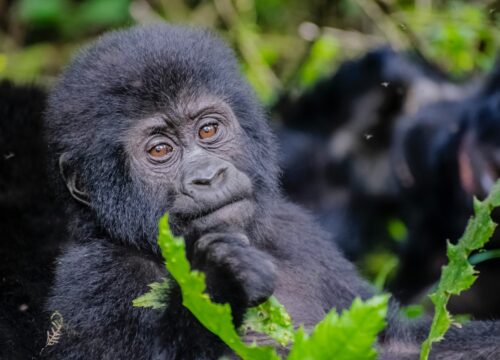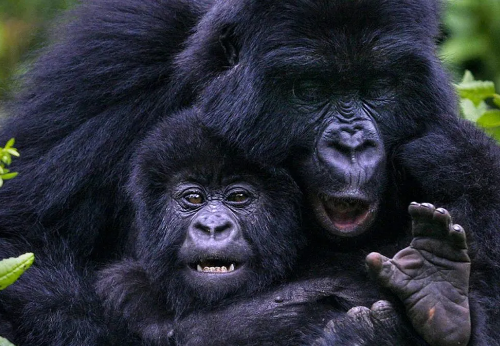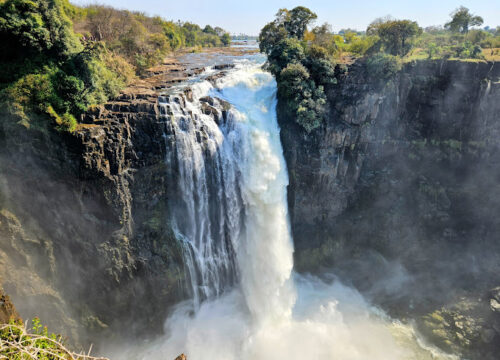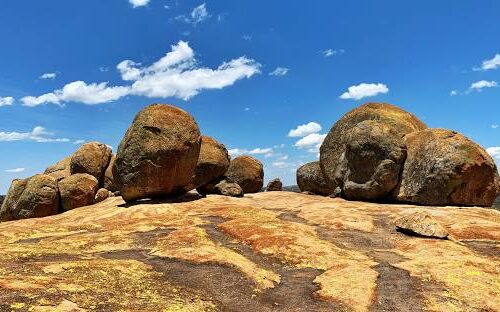Vwaza Marsh Wildlife Reserve
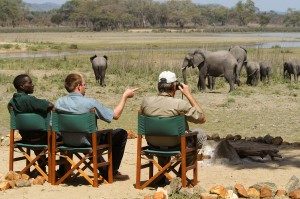
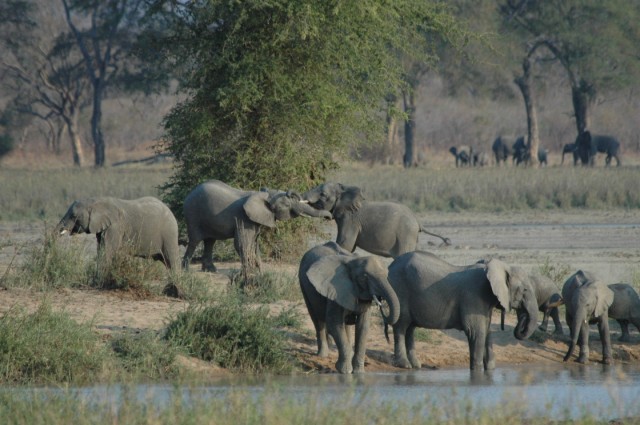
This park has open borders with the well-known Luangwa Valley in Zambia. Although wildlife numbers on the Malawi side are not the same due to poaching, all big safari animals are present. Four of the Big Five are resident; rhino is the exception. The center of tourist activity is Lake Kazuni, which is home to more than 500 hippo living in 17 pods.
Wildlife & Animals – Vwaza Marsh Wildlife Reserve
Although right at the entrance gate, Lake Kazuni feels like the heart of the park. Hippos and crocodiles are a constant presence. Around 2,000 buffalo and 300 elephant are thought to be resident. Herds of elephants can often be seen drinking and bathing in the lake – it’s not uncommon to see collected herds numbering more than 100 animals – and buffalo are usually nearby on the floodplains.
Vwaza Marsh Wildlife Reserve Wildlife Highlights
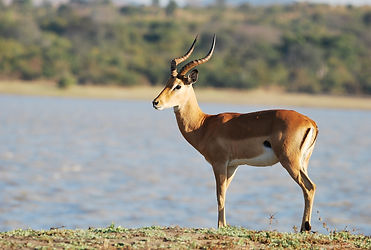
Some antelope to look out for at the lake include puku, greater kudu, Lichtenstein’s hartebeest, roan and eland. Deeper in the reserve, in thick mopane woodland, there is a chance of seeing sable antelope. Although elusive, several big cats can sometimes be spotted: lion, leopard, caracal and serval.
Best Time for Wildlife Viewing
The Dry season, stretching from May to October, is the prime time for wildlife watching in Vwaza Marsh Wildlife Reserve. Animals gather around the lake and other permanent water sources, and the thinner vegetation helps with wildlife spotting.
Birds – Vwaza Marsh Wildlife Reserve
With 341 species recorded, Vwaza Marsh Wildlife Reserve offers great bird-watching opportunities. Lake Kazini is an excellent place to look for water-associated birds, including ducks, storks, egrets and herons. Osprey, fish eagle and palm-nut vulture are regularly found near the water as well. The very localized white-winged babbling starling is resident in the park and can sometimes be spotted in the woodland around the camp. A guided walk to the lake is recommended to get a closer look at some of the waders.
Birding Specials–Treats for Avid Birders
(NE) near-endemic = also lives in neighboring countries
- African grey hornbill
- Babbling starling (NE)
- Bennett’s woodpecker
- Black-collared barbet
- Böhm’s flycatcher
- Carp’s tit
- Chestnut-backed sparrow-weaver
- Golden-breasted bunting
- Greater honeyguide
- Green-backed woodpecker
- Grey-headed bush-shrike
- Meyer’s parrot
- Purple-crested turaco
- Rufous-bellied tit
- Senegal lapwing
- Swainson’s spurfowl
- White-breasted cuckoo-shrike
Best Time for Bird Watching in Vwaza Marsh Wildlife Reserve
Vwaza Marsh Wildlife Reserve has good bird life throughout the year. However, the Wet season (from November to April) is the best time for bird watching, with migratory birds in the reserve. May to October (the Dry season) is the best time for general wildlife viewing.
Best Time To Visit – Vwaza Marsh Wildlife Reserve
July to October is the part of the Dry season that is best for wildlife viewing as all water in the bush has evaporated, and animals congregate around predictable water sources. During this time, many animals come to drink at Lake Kazuni in front of the camp. October is, however, very hot so it’s not recommended for people who dislike temperature extremes.
May to October –Dry Season
- Best time of year for wildlife viewing
- Little rain and lots of sunshine
- The park never gets very busy
- The risk of malaria lessens
- Hazy skies, and the bush looks parched
- Uncomfortable heat in October
- Mornings are cold from May to August
November to April –Wet Season
- Green and fresh landscapes
- Favorite time for birders as migratory species are present
- There are many newborn animals
- Wildlife viewing is not as good
- It is very hot and humid
- Malaria risk rises with the increase in water and mosquitoes
- The road to the park becomes bad and 4×4 is necessary
- Roads inside the park close after heavy rain
Weather & Climate – Vwaza Marsh Wildlife Reserve
Vwaza Marsh Wildlife Reserve has a warm climate with a Wet and Dry season. Its location in the tropics means that the average temperature doesn’t vary much throughout the year, although there is a notable spike in temperatures in October before the rains. Days are cooler (and it gets quite cold at night) in the Dry season from May to September.
Vwaza Marsh Wildlife Reserve Dry Season–May to October
The bush gets drier as the season progresses. Animals tend to congregate around the lake and other water sources. It is pleasant during the day, but the nights can get cold. Warm clothing for early morning game drives is recommended.
- May – This is the beginning of the Dry season. The bush is still lush, but the rains fall away.
- June & July – There is no rain and the bush is drying out. Daytime temperatures average a very pleasant 24°C/75°F. At night the mercury drops, with average temperatures around 12°C/54°F. Don’t forget to rug up for early morning drives.
- August & September – No rainfall. The bush is starting to look parched. Temperatures are rising, and September has an average daytime temperature of 27°C/81°F. Mornings are getting less cold.
- October – Daytime temperatures increase to an average of 29°C/84°F. Peak temperatures are higher with the heat oppressive in the middle of the day. Mornings are lovely with temperatures around 18°C/64°F. Sometimes, the first rain falls in this month. Temperatures drop after the rain.
Vwaza Marsh Wildlife Reserve Wet Season–November to April
In the Wet season, the sky is clear and the bush is lush. It is warm, afternoon showers are common, and thunderstorms are often spectacular in the Wet season.
- November – The rains usually begin this month. With the bush so dry, the rain is a relief. It’s hot and humid during the day. The average temperature is 29°C/84°F. Rain mostly comes in afternoon thunderstorms, but not every day.
- December, January, February & March – It rains most days during the wettest months, but it rarely lasts the whole day. Daytime temperatures average 27°C/81°F, but that drops to about 16°C/61°F at night and in the early morning.
- April – The rains usually come to an end sometime in April. The landscape is lush and green in April – a lovely month to visit.
Getting There – Vwaza Marsh Wildlife Reserve
Vwaza Marsh Wildlife Reserve is reasonably accessible, and can easily be incorporated into any itinerary of the country.
Most international visitors arrive via Lilongwe International Airport (LLW). The airport is about 26km/16mi from the capital, Lilongwe. A few international flights arrive at Chileka International Airport (BLZ), 16km/10mi from Blantyre.
Vwaza Marsh is in the north of the country, about 450km/280mi from Lilongwe and 780km/485mi from Blantyre. The drive from Lilongwe takes about 6 hours* and from Blantyre about 10 hours*. A 4WD is essential in the Wet season.
The drive from Nyika National Park to Vwaza Marsh Wildlife Reserve takes about 2 hours* and the distance is about 80km/50mi.
There are no domestic flights to Vwaza Marsh Wildlife Reserve.
*Driving times are only a rough indication. You should always consider the possibility of significant delays.
Airlines & Ticket Prices
Please check Skyscanner to see which airlines can take you to Lilongwe International Airport (LLW) or Chileka International Airport (BLZ), and what tickets would cost.
Malaria & Safety – Vwaza Marsh Wildlife Reserve
Safety
Like most game reserves and parks in Malawi, Vwaza Marsh Wildlife Reserve is safe in our opinion. If you are on an organized tour, your driver-guide will look after your safety in the park. A self-drive safari in Vwaza Marsh Wildlife Reserve is a viable option for those with some experience.
If you are travelling independently around Malawi, check the tips in the ‘Cities & Urban Areas: Safety Precautions’ link below.
For the most up-to-date information about safety in Malawi, please read the government travel advisories (see the ‘Safety & Security – Malawi’ link below).
Vwaza Marsh Wildlife Reserve Malaria & Vaccinations
You should check with a travel clinic or your local doctor regarding appropriate vaccinations. Vwaza Marsh WR lies in a malaria zone and precautions against malaria are advised. Protection includes antimalarial medication and using mosquito repellent with at least 30% DEET. Covering up in the evening is recommended – try to minimize the amount of skin exposed to mosquitoes. The risk of malaria is at its highest in the Wet season, from November to April.
Wildlife Viewing Vwaza Marsh Wildlife Reserve
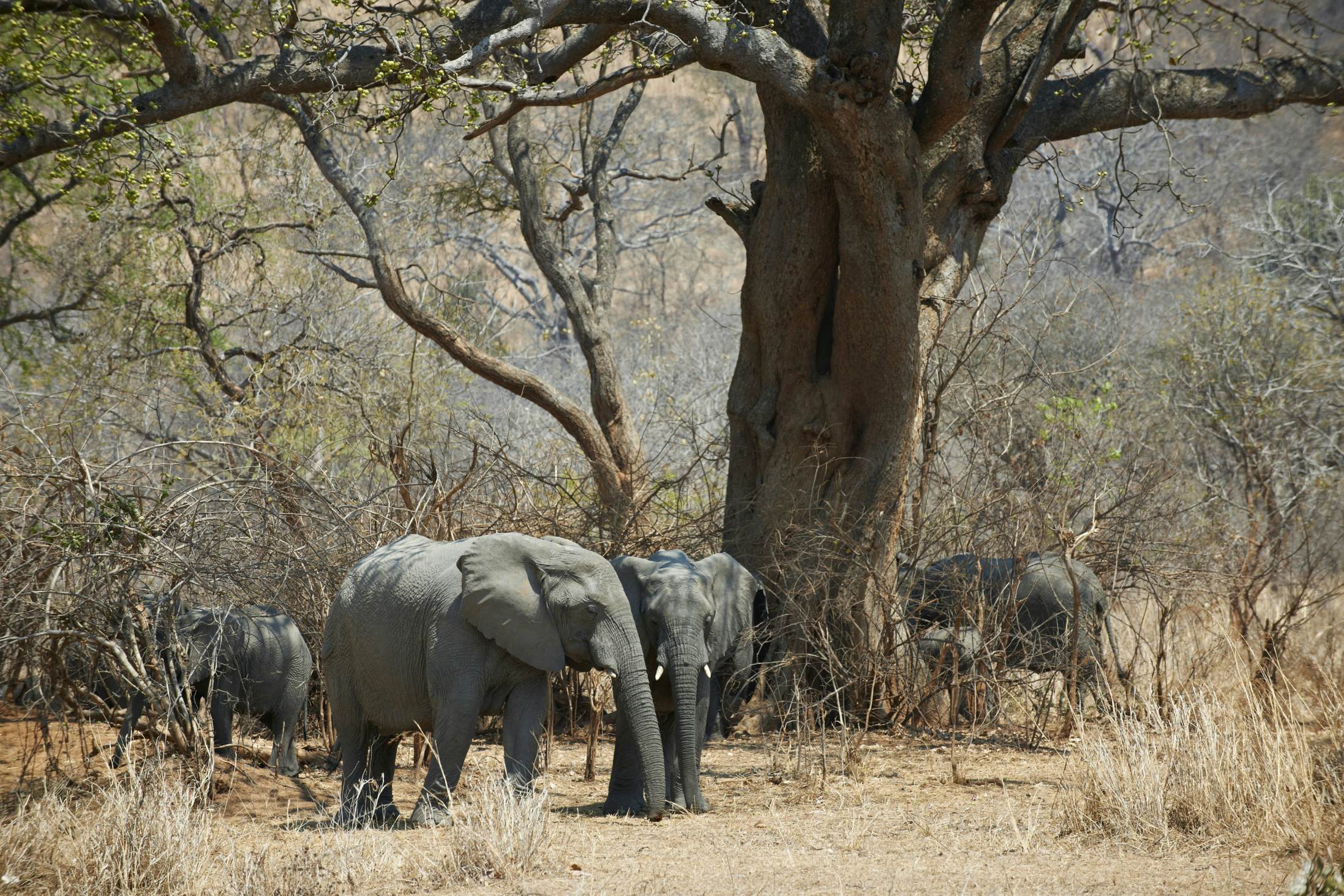
Wildlife viewing in Vwaza Marsh is totally safe as long as you follow your guide’s directions. You’ll find some useful tips in the ‘Wildlife Viewing Safety Precautions’ link below.
INQUIRE NOW
GENERAL INFORMATION ON A MALAWI SAFARI
-
Book a Customized Safari
Read about
10 Things you Should NOT DO on an African Safari.
What to expect on a safari in Uganda.
Bwindi Impenetrable National Park
How to Choose the Best Tour Operate for Your Safari in Africa
12-Day Gorilla Tracking in Bwindi
Some of our Gorilla and wildlife Safaris
1 Day Jinja Ultimate tour Experience
1 Day White Water Rafting in Jinja
3 Days Bwindi Gorilla Habituation via Rwanda
3 Day Birding Safaris and Photography in Uganda
3 Day Safari to Queen Elizabeth National Park
3 Day fly in Gorilla Trekking Safari from Masai Mara
3 Day Grand Gorilla Trekking Safari
4 Day Chimpanzee and Gorilla Trekking Safari
Recent Posts
Victoria Falls Private Tours
One-Way Trip from the UK to Victoria Falls
One-Way Trip from the UK to Uganda
Tours for Groups and Families at Victoria Falls
Quick booking process
+256781282344
+256755922154
